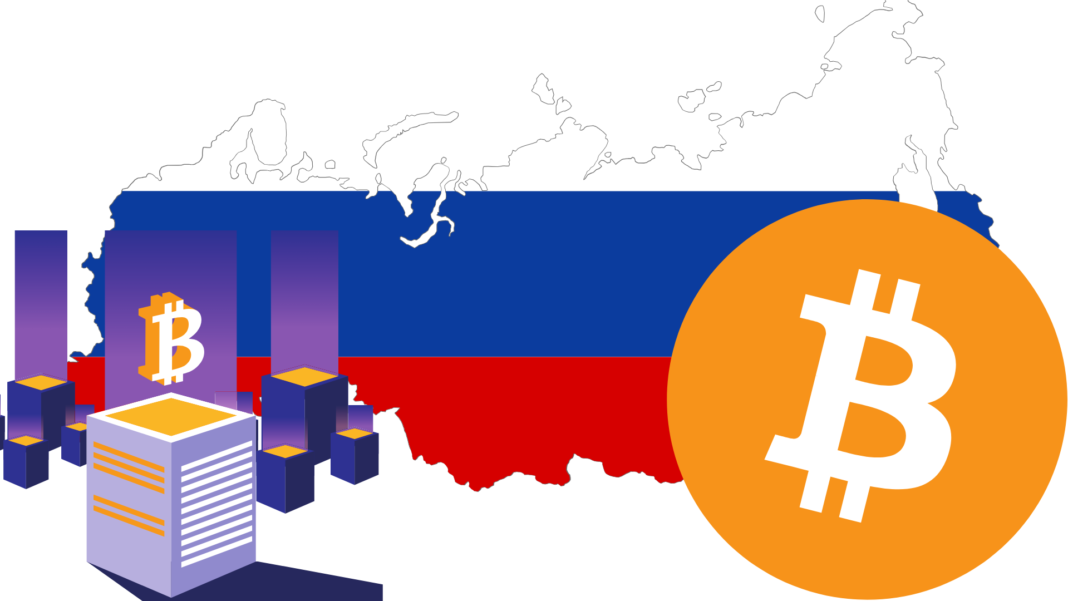In a significant move to regulate the rapidly growing cryptocurrency mining industry, the Russian government has introduced new regulations requiring miners to report their earnings by the 20th of each month.
The measure is designed to ensure transparency within the sector, making it easier for authorities to monitor and control mining operations.
The government’s goal is to reduce the presence of unapproved or illegal mining activities and ensure that only licensed entities operate legally within the country.
By establishing this reporting requirement, Russia aims to tighten oversight of the industry, curb financial crime, and enhance the traceability of cryptocurrency mining operations across the nation.
Exclusion of Financial Criminals and Establishment of a National Miner Registry
One of the key provisions of the new rules is the exclusion of individuals with a history of financial crimes from participating in cryptocurrency mining activities.
The aim is to weed out bad actors and protect the market’s integrity. In addition, Russia plans to create a centralized national registry of cryptocurrency miners, which will serve as a monitoring tool to track mining operations and their earnings.
The registry will provide the government with greater oversight and ensure that only those miners who meet the necessary legal and regulatory criteria are allowed to operate.
These steps underscore the government’s commitment to cleaning up the mining industry and creating a more transparent and lawful environment for legitimate miners.
Mandatory Registration of Mining Equipment and Strict Compliance Requirements
A key component of the new regulations involves the mandatory registration of cryptocurrency mining equipment with a government-controlled system.
The Ministry of Energy, led by Deputy Minister Yevgeny Grabchak, has outlined plans to enforce the registration of all mining operations and their equipment.
Mining operations that fail to register their devices with the system will be considered illegal, effectively putting a stop to unregistered mining activities.
The move is part of a broader strategy to ensure better tracking of mining operations, particularly in regions where mining is either restricted or entirely prohibited.
The goal is to guarantee that mining activities are in line with national laws and to improve monitoring of energy consumption, which is particularly critical given the environmental concerns surrounding crypto mining.
Russia’s Broader Strategy to Tighten Control Over Domestic Mining
These new regulations are part of Russia’s broader strategy to bring its cryptocurrency mining sector under strict governmental control.
By imposing tighter oversight on both the operations and the equipment used by miners, the government aims to combat illegal mining activities, particularly in regions where mining is prohibited.
Additionally, the new rules reflect the Russian government’s ongoing efforts to balance the growth of the crypto industry with the need for regulatory oversight.
With global scrutiny of the crypto industry increasing, Russia’s new measures highlight its shift towards stronger regulation of cryptocurrency activities, a trend that may have wider implications for the industry both domestically and internationally.
Other Recent Developments in Russia’s Crypto Space
Russia’s move to regulate cryptocurrency mining comes alongside several other notable developments in the country’s crypto landscape.
The Russian Ministry of Energy is preparing to launch a mandatory cryptocurrency mining equipment registration system, further promoting transparency and aligning the industry with federal laws.
Additionally, Russia’s largest power grid company, Rosseti Group, has explored the potential of cryptocurrency mining to optimize energy utilization in areas with surplus power capacity.
Meanwhile, Russian authorities are preparing to liquidate over 1,000 Bitcoin, worth more than $100 million, seized from Marat Tambiev, a former investigator involved in a high-profile crypto bribery case.
These developments demonstrate Russia’s broader approach to regulating and integrating cryptocurrency into its national economic framework.


